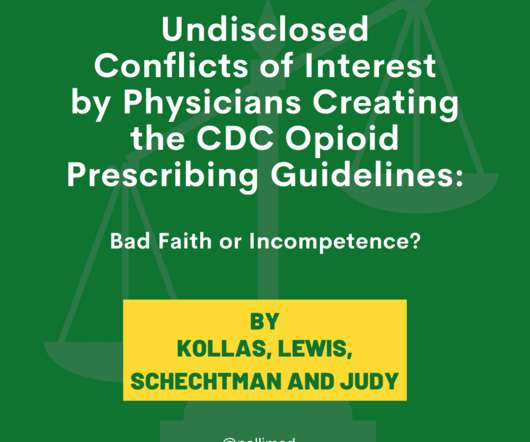How Health Literacy, Education Influences a Patients’ Hospice Experience
Hospice News
MARCH 4, 2024
In case you missed it, Hospice News has launched a new specialty publication for palliative care professionals. Providing education and fostering health literacy among the seriously ill, their families and surrogate decision makers is crucial to ensuring a positive patient experience in hospice care.













Let's personalize your content